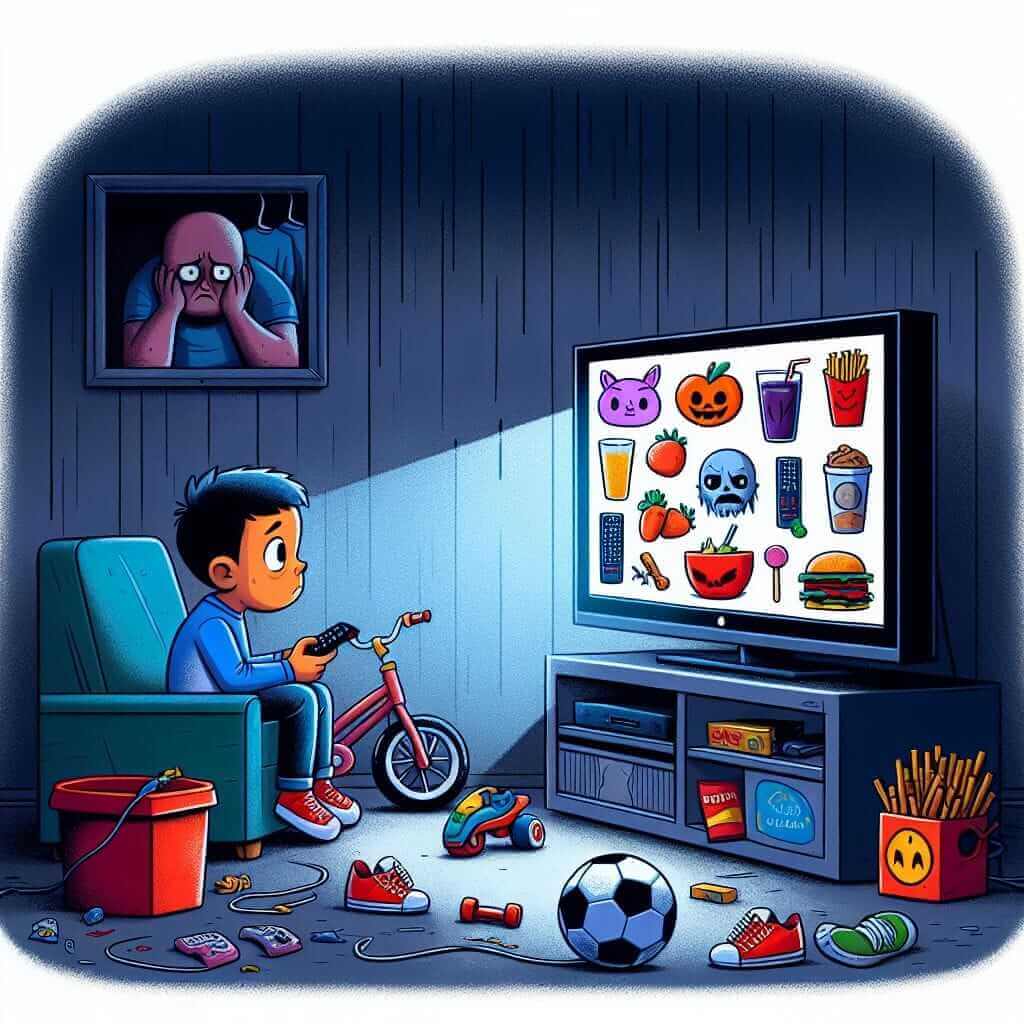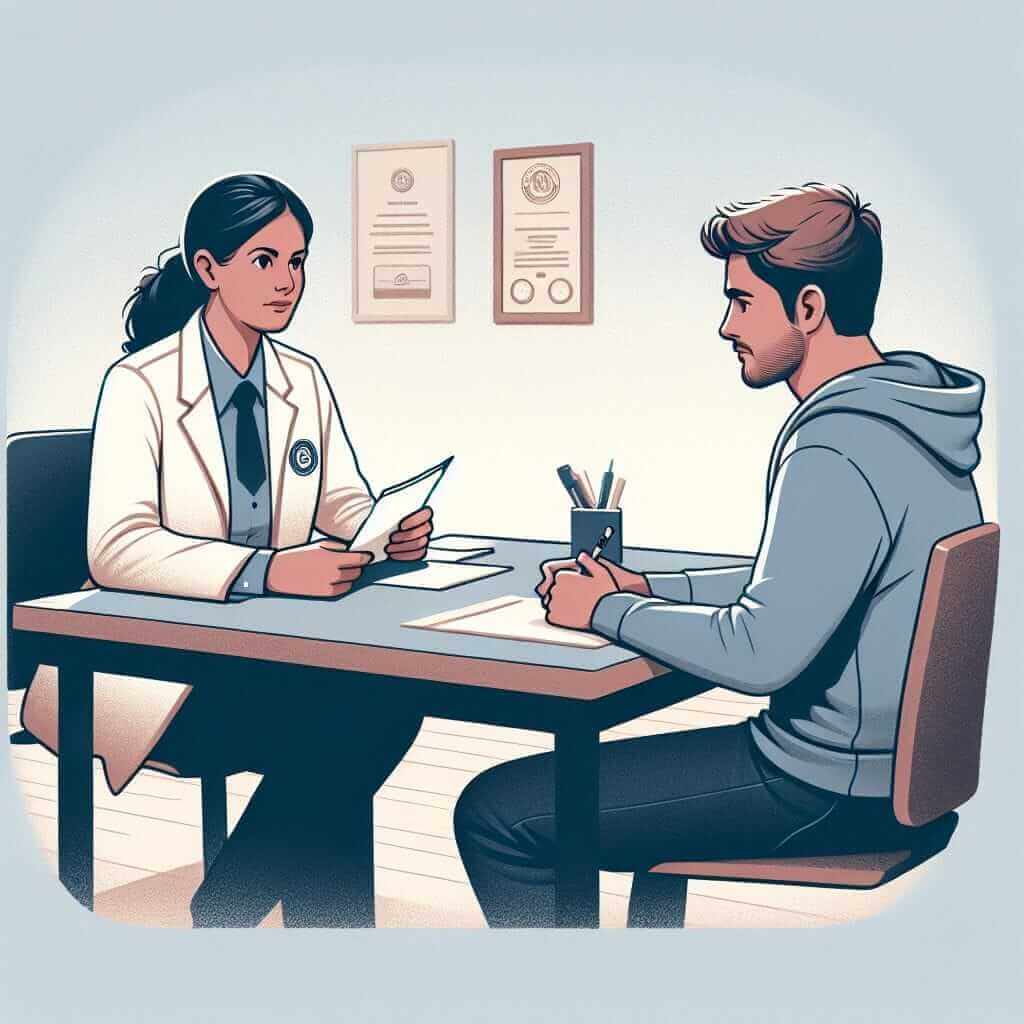As an IELTS instructor with over 20 years of experience, I often get asked by students about the appropriate language to use in the writing exam. One common concern is whether using everyday words like “TV” is acceptable. Let’s address this question and equip you with the knowledge to make the best choices for your IELTS writing.
Understanding Register in IELTS Writing
The key to using any word effectively in IELTS writing, including “TV,” lies in understanding register. Register refers to the level of formality in language, and it’s crucial to maintain consistency in your writing style. While IELTS doesn’t demand excessively formal language, it’s generally advisable to lean towards a more academic or neutral tone, especially in Task 2 essays.
So, Can You Say “TV”?
The answer isn’t a simple yes or no. Here’s a breakdown:
When “TV” might be suitable:
- Task 1 (describing graphs or charts): If the data or information specifically refers to “TV,” using the term is acceptable.
- Task 2 (essay): If you’re using “TV” in an example to illustrate a broader point, it can be used cautiously. For instance, “For example, excessive TV viewing can impact children’s social skills.”
When to choose a more formal alternative:
- Task 2 (essay): When discussing the concept of television in a general or academic sense, opt for more formal terms like:
- Television: This is the full, formal term and generally the safest choice.
- The media: When discussing television’s role in communication.
- Broadcast media: When referring to television and radio together.
- Screen time: A useful term to discuss time spent in front of electronic displays.
Illustrative Examples
Let’s look at how these alternatives work in context:
Less formal: “Many parents are worried about how much TV their kids watch.”
More formal: “Concerns have been raised regarding the amount of time children spend watching television.”
Less formal: “The news on TV can be very biased.”
More formal: “Television news often exhibits a degree of bias.”
 television impact
television impact
Tips for Success
- Prioritize clarity: Your primary goal is to communicate your ideas clearly and effectively. If using “TV” within a sentence doesn’t compromise clarity or formality, it can be acceptable.
- Read widely: Expose yourself to a variety of English texts, paying attention to the language used in academic articles and formal writing.
- Practice writing: The more you write, the better you’ll become at gauging the appropriate level of formality for different IELTS tasks.
Conclusion
Remember, there are always multiple ways to express the same idea. By expanding your vocabulary and mastering the concept of register, you can confidently navigate word choices in your IELTS writing and present your ideas with clarity and sophistication. Good luck with your exam!


